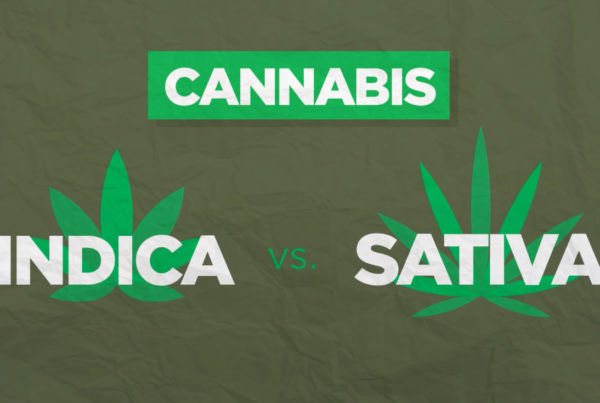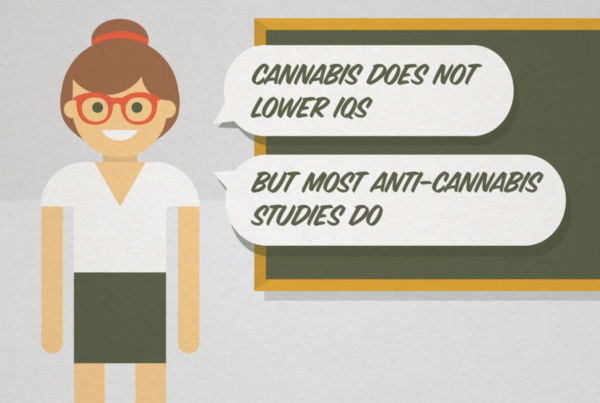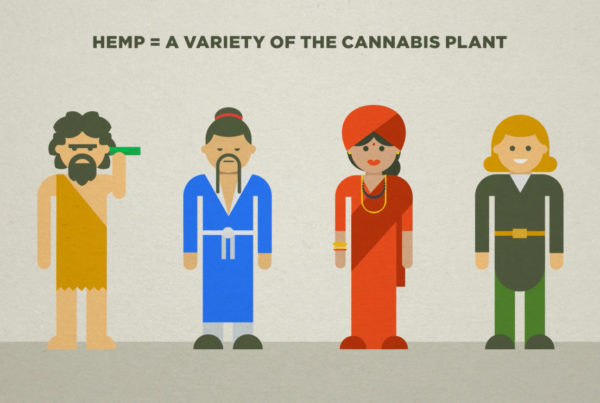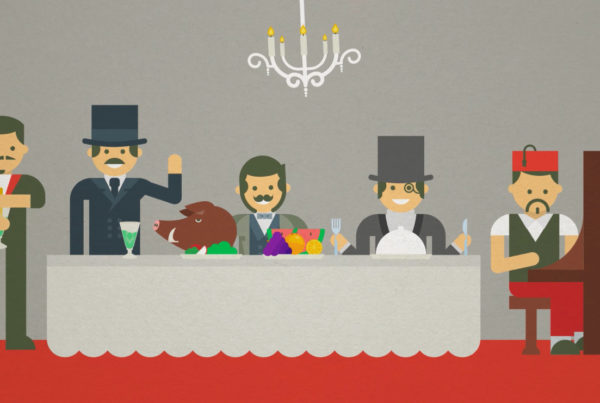Probably no one did more to outlaw cannabis in the United States than Harry J. Anslinger, the first commissioner of the Federal Bureau of Narcotics. Ignoring the protests of key individuals in the American Medical Association (AMA), Anslinger fed the media a barrage of propaganda for decades that demonized the plant in the minds of countless Americans.
Born in 1892, Anslinger started out as an investigator for the Pennsylvania Railroad and rose to become the Assistant Commissioner of the U.S. Federal Bureau of Prohibition in 1929. He married the niece of Andrew Mellon, Secretary of the U.S. Treasury and one of the wealthiest people in the country, and in 1930 Mellon appointed Anslinger as Commissioner of the Treasury Department’s new Bureau of Narcotics.
Anslinger appeared before the House Ways and Means Committee on April 27, 1937, as Congress deliberated on whether to pass the Marijuana Tax Act. He testified, “Ten years ago we only heard about [marijuana] throughout the Southwest. It is only in the last few years that it has become a national menace … Since the economic depression the number of marijuana smokers has increased by vagrant youths coming into contact with older psychopaths.”
He explained that part of its appeal was its price.
“To be a morphine or heroin addict it would cost you from $5 to $6 a day to maintain your supply. But if you want to smoke a cigarette you pay 10 cents… it is low enough in price for school children to buy it.”
The committee chairman, Robert Lee Doughton, fast-tracked the proposed legislation into law, and cannabis prohibitionists now had a tool to start throwing more people in prison.
Anslinger ended his 32-year tenure as the nation’s first Drug Czar in 1962. During his reign, the prohibitionist popularized reefer madness films, the gateway drug theory, stigmas and stereotypes, the cannabis addiction myth and even the word “marijuana” itself. He also helped overcrowd the prisons with nonviolent cannabis offenders costing the U.S. taxpayers billions of dollars.
In 1966, four years after Anslinger’s tenure ended, Beat poet Allen Ginsberg wrote in The Atlantic, “A marvelous project for a sociologist, and one which I am sure will be in preparation before my generation grows old, will be a close examination of the actual history and tactics of the Narcotics Bureau and its former chief Power, Harry J. Anslinger, in planting the seed of the marijuana ‘menace’ in the public mind and carefully nurturing its growth over the last few decades until the unsuspecting public was forced to accept an outright lie.”











